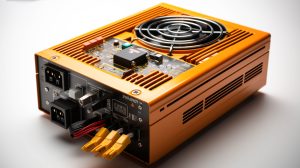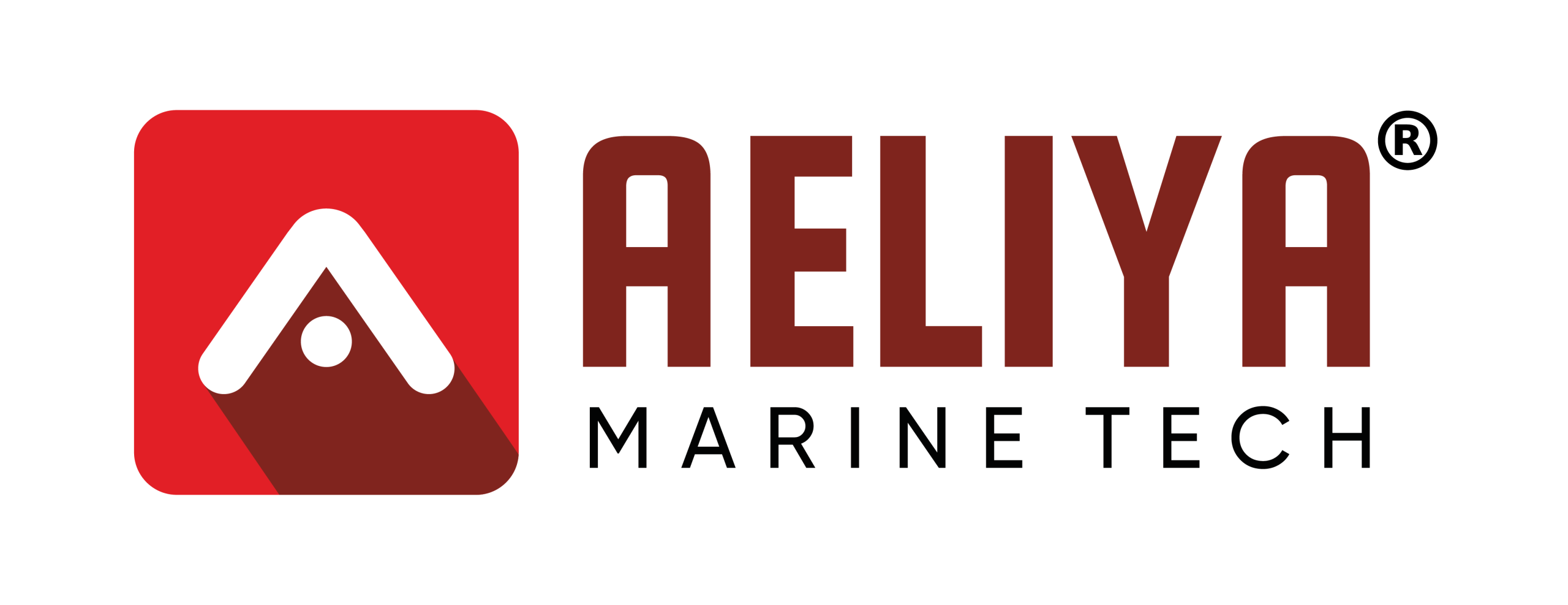From our fast-moving and technology-driven world down to ensuring device, machine, and industrial system functionality, there are power supplies at the very forefront to help us achieve this. Whether it is some simple gadget around your house or a complex industrial machine, a power supply is always the unsung hero that provides the energy needed to get these devices up and running. But what is a power supply, and why is it so important in our everyday lives and industries?
What is Power Supply?
Power supply is an electrical device that delivers an appropriate amount of power to the system or the device. It transforms the electrical energy coming from a source, be it from the grid or from a battery, into a form usable by electronic circuits. The applications of power supplies range from small consumer devices to large industrial machines.

Types of Power Supplies
They can be designed in several manners, depending on the need:
AC-DC Power Supply: These are used for changing the current of the AC supplied by grids into DC, which many devices need for stable and continuous voltage.
DC-DC Converter: It controls the level of voltage of DC power supply. Due to this, different parts of devices can work at different voltages.
Uninterruptible Power Supply: The UPS acts as a stand-by source of power in the event of a failure, ensuring that important systems keep running without a hitch.
Programmable Power Supply: These are used for testing and development, and engineers can set the output voltage and current as per their need.
Why are Power Supplies Important?
Their importance can hardly be overemphasized, as they become crucial in the following ways:
Stability and Reliability: A dependable power supply ensures a continuous voltage across devices and systems, averting malfunction or damage due to fluctuations in power.
Efficient: The latest power supplies are designed to be highly efficient, hence reducing energy wastage and operation costs.
Safety: A well-designed power supply includes safety features such as over-current protection to protect the device connected to it and lower the chances of electrical fires.
Customization: Power supplies can be customized for industrial uses to suit specific requirements and deliver optimal performance from machinery.
Applications of Power Supplies in Industry
The industrial sector, truly, power supplies are the backbones for automation and control systems. They are powering sensors and controllers right through to motors and actuators that keep production lines moving. It is in the reliability of the power supply that efficiency and productivity are founded in industries.
For example, if a power supply line fails in an automated production plant, it can lead to production stoppage, which includes huge losses in terms of time and money. Therefore, quality and reliable power supplies are extremely crucial for any industrial operation.
The Future of Power Supplies
The roles that power supplies play is bound to change with the ever-changing technology landscape. New advances in the field of renewable energy sources, such as solar and wind, will call for the development of more efficient and environment-friendly power supplies. As devices and industrial systems continue to increase in sophistication, there will be a corresponding need for smart and adaptive power supplies.
Next-generation smart power supplies, which monitor and adjust output in real-time with regard to system needs, are increasingly common. These developments will only enhance not just the efficiency of power supplies but of the overall industrial and technological systems.
Components of a Power Supply
A power supply consists of many major components that work in a linear fashion to convert and regulate electrical energy flow. A transformer in this regard helps either step up or step down the voltage from the power source input. This allows it to provide the correct voltage level from the power supply to the device or system.
Rectifier: The rectifier converts alternating current into direct current. Since most of the electronic devices require DC for their operation, it forms a crucial part of the power supply.
Filter: Even after the current is rectified, it may still have the ripples that are fluctuations of voltage. Filters smooth out these ripples to ensure a steady output of DC.
Regulator: This part of the module maintains a constant voltage output regardless of any fluctuations in the input voltage and loading conditions. It forms an important line of defense against damage to sensitive electronic components due to voltage fluctuations.
Protection Circuits: These include overcurrent protection, thermal shutdown, and short-circuit protection, which protect not only the power supply unit itself but also the connected devices from electrical faults that may result in damage.
Advanced Features of State-of-the-Art Power Supplies
What was a no-frills power supply of yesteryears has given way to advanced devices replete with innovative features, some of which include:
Power Factor Correction (PFC): This feature enhances the efficiency of power supplies through drawing less reactive power from the grid. This not only reduces the energy bills but alleviates stress on electricals.
Modular Design: Most of the modern power supplies are modular in nature, with regard to the fact that they involve interchangeable modules to replace or upgrade them easily. This is very useful in an industry where a lot of money is lost due to some downtime for repairs or upgrading.
Remote Monitoring and Control: Industrial power supplies can be designed to be compatible with remote monitoring systems through which engineers can monitor their performance and adjust in real-time. This is quite important to ensure that critical systems keep running without any interruption.
Efficiency Ratings: Now, there are efficiency ratings on power supplies, like the 80 PLUS certification, which indicates how much energy is lost in conversion. Higher efficiency power supplies not only save energy but also produce less heat, which may contribute to prolonging the life of the components.
Environmental Concerns: As the world is shifting toward sustainable development, more and more emphasis is being put on environmental-friendly power supplies. The unit is designed with a view to reducing energy consumption and making use of material that has less potential for environmental impact.
Power Supplies in Emerging Technologies
Specialized power supplies are needed in ever-greater numbers by industries such as renewable energy, electric vehicles, and advanced computing. Here’s how the power supply is being designed for new technologies:
Renewable Energy: Solar and wind energies are intermittent in nature; hence, power supplies will be required to handle such energizers in respective systems. It is essential to have advanced power supplies with integrated energy storage and smart grid readiness to effectively manage those resources.
Electric Vehicles: The power supplies used in EVs should be highly efficient, delivering high power in the smallest possible form factor. Beyond that, they need to be capable of handling the regenerative braking process where the vehicle’s kinetic energy is converted back into stored electrical energy.
Data Centers: With data centers becoming so central to our digital world, an efficient and reliable power supply facility is very critical. Modern-day power supplies in data centers are designed for low high efficiency, low downtime, and support for UPS systems to make operations uninterrupted.
Medical Devices: The power supplies of medical devices are supposed to meet very high standards regarding safety and reliability. Normally, very stable sources of power are required that shall never fail in any critical situations.

